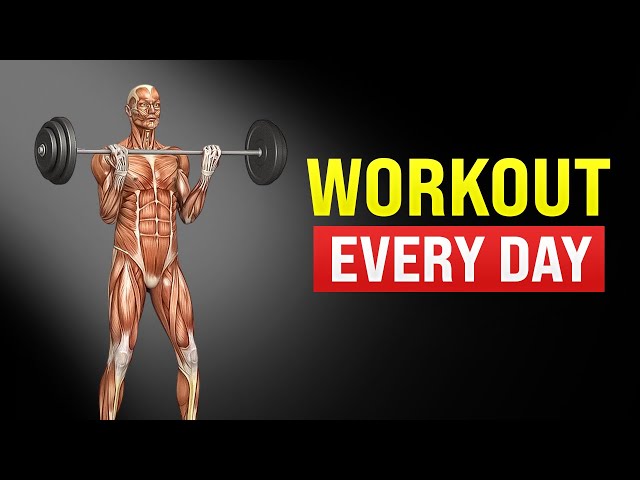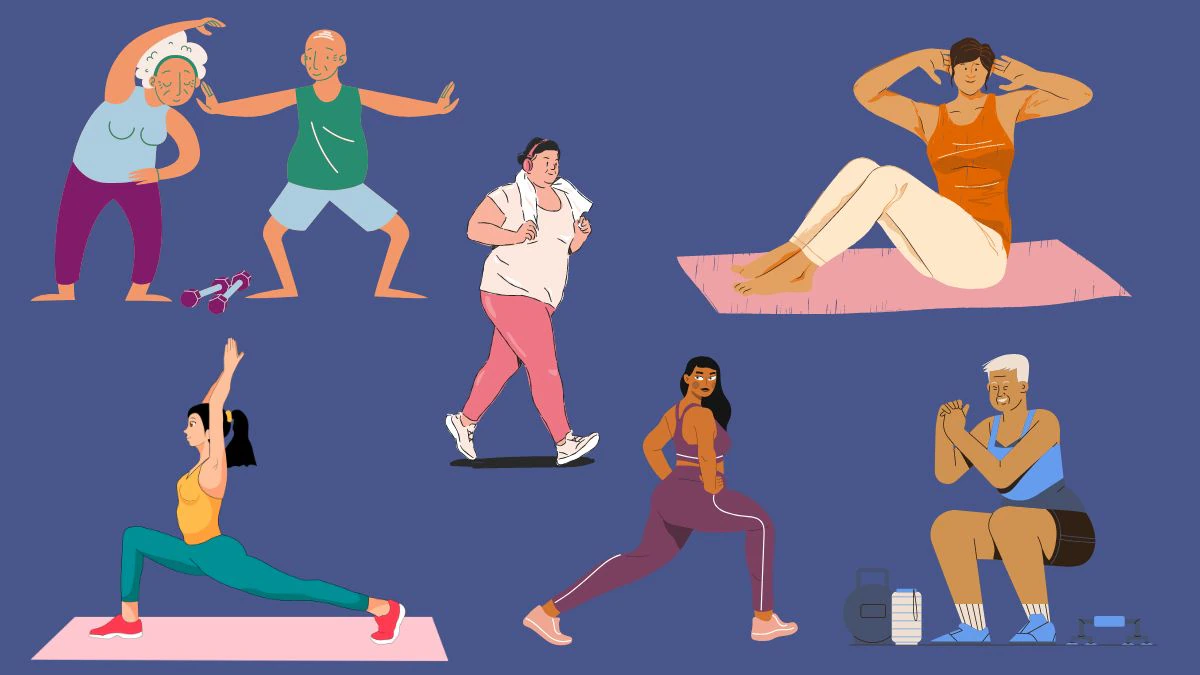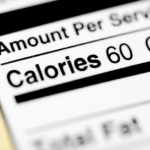Many beginners wonder: Should I work out every day? Is it good, bad, or somewhere in between?
This guide breaks it down in simple terms. You’ll learn what happens to your body when you exercise daily, why rest days matter, and how to build a balanced fitness routine. Plus, we’ll cover the difference between strength training and cardio, tips for staying consistent, and what experts say about working out every day.
Let’s dive into smart fitness for beginners.
What Experts Say About Working Out Every Day
Daily Movement Supports Long-Term Health
Experts agree that moving every day—even lightly—can help you live longer. Walking, biking, or doing chores count as activity. A daily workout routine, even short, boosts heart health and lowers disease risk.
Too Much Intensity Every Day Can Cause Harm
Daily intense workouts, especially without rest, can stress your body. Overtraining leads to injury, low energy, and burnout. Instead of pushing hard daily, vary your intensity to support better results.
Why Rest Days Are a Must for Progress
Your Muscles Repair and Grow on Rest Days
Strength training breaks down muscle fibers. On rest days, your body rebuilds them stronger. Without proper recovery, you may hit a plateau—or worse, get injured.
Active Recovery Keeps You Moving Without Burnout
Rest days don’t mean lying on the couch. Light movement, like walking or yoga, improves blood flow and reduces soreness. This is called active recovery and it’s key to long-term success.
How Often Should Beginners Exercise Each Week?

Start with 3 to 5 Days Per Week
If you’re new to fitness, begin with 3 to 5 days of exercise. Mix strength, cardio, and stretching. This gives your body time to adapt without feeling overwhelmed.
Split Workouts by Type and Muscle Group
Don’t train the same muscles every day. Alternate between upper body, lower body, and core. You can also separate cardio days and strength training days to balance effort and recovery.
Understanding Strength Training vs. Cardio
Strength Training Builds Muscle and Burns Fat
Lifting weights or using bodyweight helps you gain lean muscle. It also increases your resting metabolism, meaning you burn more calories even when resting. Do this 2–3 times per week.
Cardio Improves Heart Health and Endurance
Cardio workouts like walking, jogging, or dancing strengthen your heart and lungs. Aim for at least 150 minutes of moderate cardio each week. You can break this up into shorter sessions.
Also Read Beginner Workout Guide: How Often Should You Exercise to See Results?
What Is Moderate vs. Intense Exercise?
Moderate Activity Feels Like a Brisk Walk
If you can talk but not sing during exercise, it’s moderate. This includes walking, light biking, or slow swimming. These workouts are great for daily movement.
Intense Exercise Leaves You Winded
High-intensity workouts raise your heart rate fast. You might struggle to talk while doing them. This includes sprinting, interval training, or advanced strength work. These require more recovery.
Weekly Workout Schedules for Beginners
Example: 3-Day Beginner Workout Plan
- Day 1: Full-body strength (30 minutes)
- Day 2: Cardio (30 minutes)
- Day 3: Strength or low-impact circuit
You can insert rest or active recovery days between these sessions.
Example: 5-Day Workout Plan for Faster Progress
- Monday: Strength training
- Tuesday: Cardio or dance
- Wednesday: Active recovery (light yoga or walk)
- Thursday: Strength or HIIT
- Friday: Cardio
Weekends can be used for flexibility training or complete rest.
Signs You Need More Rest
You Feel Sore All the Time
Muscle soreness is normal, but pain that lasts more than 2–3 days could mean overtraining. Take a day off or do low-impact movement to let your body catch up.
Your Energy and Sleep Are Getting Worse
Feeling tired all day? Having trouble sleeping? These may be signs your workouts are too frequent or too intense. Scale back and see if your sleep and mood improve.
Benefits of Daily Exercise (Done Right)
Better Mental Health and Focus
Exercise boosts mood, lowers stress, and helps you sleep better. Even a 10-minute walk clears your mind and reduces anxiety. Daily movement keeps your brain sharp.
Stronger Heart, Bones, and Immune System
Frequent physical activity strengthens your heart and lungs. It also improves bone density and keeps your immune system ready to fight illness. This is especially important as you age.
Tips to Exercise Daily Without Overdoing It
Mix Workout Styles Throughout the Week
Alternate between cardio, strength, and mobility work. For example, try strength training on Monday, a light jog on Tuesday, and yoga on Wednesday. This keeps workouts fresh and prevents injury.
Use Short Workouts When Time is Tight
Even 10–15 minutes can count. Focus on bodyweight circuits, quick walks, or stretching routines. It’s about moving more, not longer.
What Happens If You Skip Rest Days?
Higher Risk of Injury and Fatigue
Your muscles need 24–48 hours to recover. Skipping rest can lead to strains, joint pain, or burnout. Recovery makes you stronger, not weaker.
Progress May Actually Slow Down
Without rest, your muscles stay inflamed. This reduces strength gains and increases stress hormones. So ironically, daily intense workouts may delay results.
How to Know You’re On the Right Track
You’re Gaining Strength and Energy
If you’re lifting heavier, walking longer, or just feeling better overall, that’s a win. These signs mean your fitness routine is working—even if the scale hasn’t changed.
You Look Forward to Moving
Loving your workouts is a good sign. Find movement that feels fun and fits your lifestyle. Fitness should be something you enjoy, not dread.
FAQs: Should You Work Out Every Day?
Q: Can I exercise every day if I switch activities?
Yes! If you rotate strength, cardio, and stretching, daily movement is safe. Just don’t work the same muscle groups hard every day.
Q: Will I lose more weight by working out daily?
Maybe, but only if paired with a healthy diet. More exercise helps, but quality, not just quantity, matters most.
Q: How many rest days do I really need?
At least 1–2 per week. Your body needs time to rebuild and recover. Even active people take rest days.
Q: What if I only walk every day?
That’s a great place to start. Walking daily boosts heart health and mood. Add strength training later for full-body results.
Q: Is soreness normal if I work out daily?
Mild soreness is fine. But pain, weakness, or constant fatigue means you need a break. Listen to your body.
Final Thoughts: Should You Exercise Every Day?
The short answer? Yes, but smartly.
Daily movement is great for your health. But that doesn’t mean seven hard workouts a week. Mix up your routine, add recovery days, and listen to your body.
You don’t need to work out harder—just smarter. Find a plan that fits your life, feels enjoyable, and supports long-term progress. That’s the key to lasting fitness.
Author- Ayush










